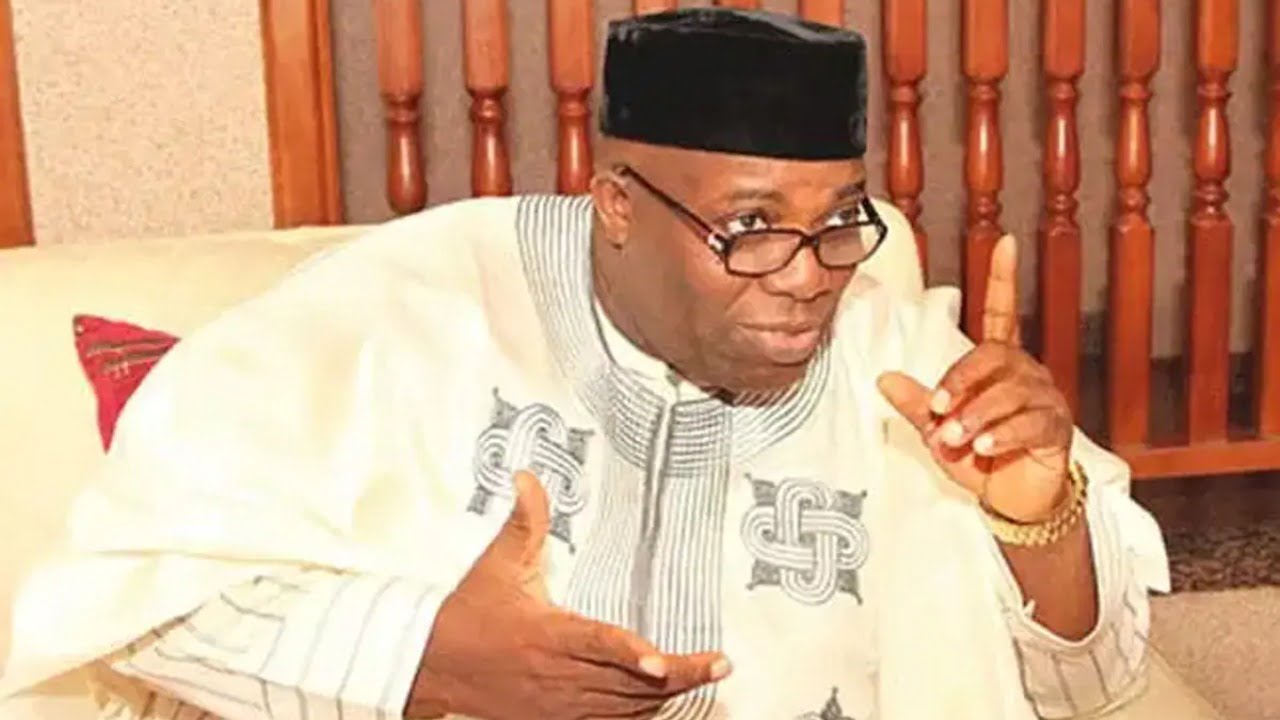Politics
Ministerial screening: Okupe argues that the Senate should request El-Rufai’s written commitment before confirming him

Ministerial screening: Okupe argues that the Senate should request El-Rufai’s written commitment before confirming him.
It appears that Doyin Okupe, the former campaign director general for Peter Obi’s presidential campaign, is urging the Senate to take certain precautions before confirming Nasir El-Rufai as a ministerial nominee. Okupe’s plea is centred around requiring El-Rufai to provide a guarantee, potentially in the form of a signed statement, committing not to disparage religion. He believes that El-Rufai should publicly commit to avoiding any actions or statements that could be interpreted as promoting religious extremism.
Despite his reservations about El-Rufai’s perceived radical tendencies and recent displays of religious extremism, Okupe still acknowledges El-Rufai’s qualifications to address Nigeria’s electrical crisis. Okupe’s message seems to be a combination of acknowledging El-Rufai’s expertise while expressing concerns about his potential impact on religious harmony in the country.
Without more context or specific details, it’s difficult to fully understand the background of Okupe’s concerns and the events leading up to this situation involving Nasir El-Rufai.
“However, very few people will contest El-Rufai’s expertise and enormous performance capacity.
The Senate may request that he sign an agreement before being confirmed that he won’t discuss or make any comments on religion while serving as a minister. “Our economy and our real attempts to alleviate poverty are both dependent on the power ministry. Former Governor El-Rufai is undoubtedly one of those Nigerians who can solve our energy challenges.
The rejection of El-Rufai’s nomination could be attributed to a range of factors, including concerns about his security clearance, potential conflicts of interest, or any other issues that might have arisen during the Senate’s evaluation of his suitability for the position. The specific reasons for the rejection would likely have been discussed and evaluated within the Senate before the decision was made.
It’s not uncommon for ministerial nominees to undergo a rigorous vetting process, and if any substantial concerns are identified, it could result in the rejection of their nomination. The rejection of a nominee doesn’t necessarily reflect solely on their qualifications or abilities; it can also involve various political, ethical, and security considerations.
